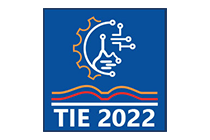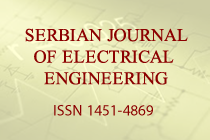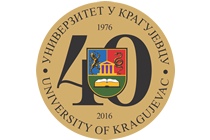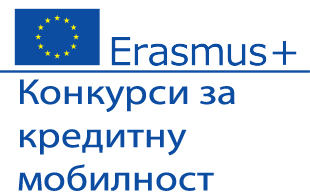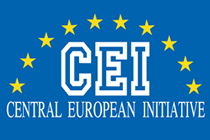History
The Faculty of Pedagogical and Technical Sciences was founded in 1975 in Čačak. The primary goal was to educate students to become school teachers in the fields of electrical engineering, mechanical engineering, and technical education. It was the third institution of its kind in Yugoslavia, following similar faculties in Rijeka and Zrenjanin, which had started working a year earlier. The Faculty provided a new platform for the development of education in Čačak and its surroundings. Moreover, owing to the Faculty of Pedagogical and Technical Sciences, Čačak experienced a significant increase in the number of students from various parts of Yugoslavia, further enhancing the city's reputation in the former country. As a result, the products made by numerous companies in Čačak gained even more popularity in the Yugoslav market. Due to numerous educational and economic advantages brought to the Western Serbia region, the Faculty of Pedagogical and Technical Sciences became one of the founding institutions of the University of Kragujevac, which started working on May 21, 1976.
In the meantime, Čačak was even further enriched by the Faculty of Agronomy. At that moment, the city had three major higher education institutions, Technical College, the Faculty of Pedagogical and Technical Sciences and the Faculty of Agronomy. Hence, in 1982, a brand-new building was constructed for the Faculty of Pedagogical and Technical Sciences to provide suitable conditions for the growing number of students and teachers.
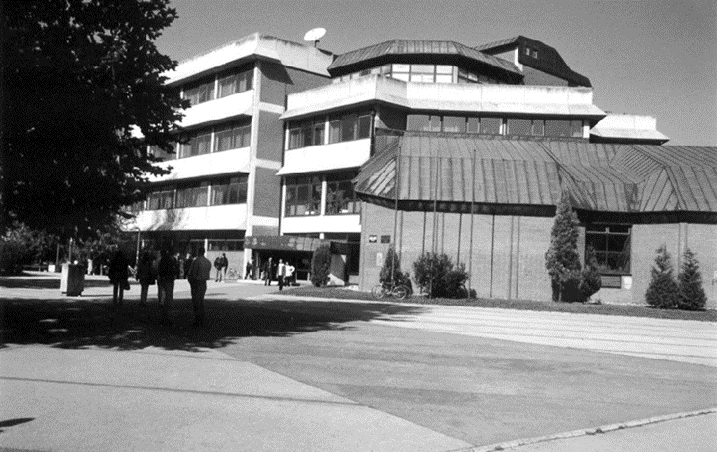 The new building of the Faculty of Pedagogical and Technical Sciences and Technical College in Čačak in 1988
The new building of the Faculty of Pedagogical and Technical Sciences and Technical College in Čačak in 1988
The successful career path of the Faculty led to the introduction of the engineering studies in the fields of electrical engineering and mechanical engineering in 1982. Thus, the study program for graduate engineers in electrical engineering was founded in 1986. Following the emerging changes in educational and scientific research activities, the Faculty changed its name into Technical Faculty in 1986. Another transformative phase occurred in 1992 when the studies for technical education teachers evolved into studies for teachers of technology and informatics. Remarkably, for the first time in the Socialist Republic of Yugoslavia, studies for graduate mechatronics engineers were introduced. This forward-looking approach enabled the Faculty to adapt to the evolving demands of the academic and industrial landscape, becoming a pioneering institution in technical education and research in the region.
 The first generation of students enrolled in the 1960/61 academic year
The first generation of students enrolled in the 1960/61 academic year
The rapid technological advancements and widespread application of computers influenced the Faculty to expand its educational settings. Starting from 1998, in addition to power engineering studies, the Faculty had to offer graduate studies of electrical engineering in computing technology. Simultaneously, the curriculum was enriched with studies for graduate industrial management engineers. Subsequent changes occurred in 2005 and 2006, driven by the implementation of the "Bologna Process" in higher education in Serbia. Adaptations to the new study regulations were made during the accreditation of educational activities in 2008 and 2013. Similarly, adjustments to the standards of scientific research were carried out through the accreditation of research activities in 2007, 2011, and 2015.
The Faculty underwent significant transformations at the dawn of the new millennium, culminating in yet another change of its name to the Faculty of Technical Sciences. These changes enabled the Faculty to remain dynamic and responsive to the evolving academic landscape, positioning itself as a renowned institution at the forefront of technical education and scientific research.
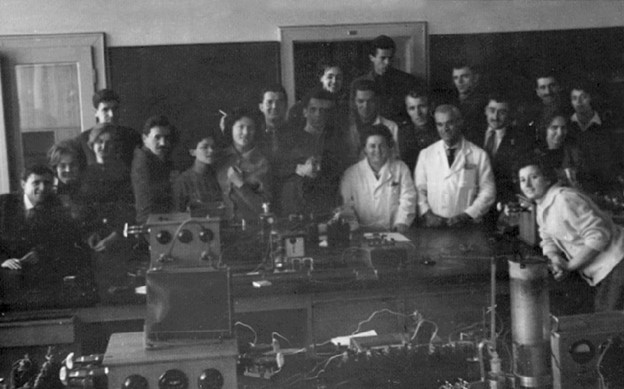 First-generation students in the laboratory
First-generation students in the laboratory
The Technical College of Vocational Studies in Čačak was integrated with the Faculty of Technical Sciences on the 8th of August in 2020 by the regulations of the Government of the Republic of Serbia. As a result, both institutions continued working as a single legal entity, the Faculty of Technical Sciences in Čačak, the University of Kragujevac. The occurring status change of the two higher education institutions enabled the Faculty of Technical Sciences in Čačak to become the largest academic member of the University of Kragujevac in terms of the number of enrolled students. The integration also brought significant benefits fostering a unified academic environment and providing enhanced educational opportunities for students in the region.
In the meantime, Čačak was even further enriched by the Faculty of Agronomy. At that moment, the city had three major higher education institutions, Technical College, the Faculty of Pedagogical and Technical Sciences and the Faculty of Agronomy. Hence, in 1982, a brand-new building was constructed for the Faculty of Pedagogical and Technical Sciences to provide suitable conditions for the growing number of students and teachers.
 The new building of the Faculty of Pedagogical and Technical Sciences and Technical College in Čačak in 1988
The new building of the Faculty of Pedagogical and Technical Sciences and Technical College in Čačak in 1988
The successful career path of the Faculty led to the introduction of the engineering studies in the fields of electrical engineering and mechanical engineering in 1982. Thus, the study program for graduate engineers in electrical engineering was founded in 1986. Following the emerging changes in educational and scientific research activities, the Faculty changed its name into Technical Faculty in 1986. Another transformative phase occurred in 1992 when the studies for technical education teachers evolved into studies for teachers of technology and informatics. Remarkably, for the first time in the Socialist Republic of Yugoslavia, studies for graduate mechatronics engineers were introduced. This forward-looking approach enabled the Faculty to adapt to the evolving demands of the academic and industrial landscape, becoming a pioneering institution in technical education and research in the region.
 The first generation of students enrolled in the 1960/61 academic year
The first generation of students enrolled in the 1960/61 academic year
The rapid technological advancements and widespread application of computers influenced the Faculty to expand its educational settings. Starting from 1998, in addition to power engineering studies, the Faculty had to offer graduate studies of electrical engineering in computing technology. Simultaneously, the curriculum was enriched with studies for graduate industrial management engineers. Subsequent changes occurred in 2005 and 2006, driven by the implementation of the "Bologna Process" in higher education in Serbia. Adaptations to the new study regulations were made during the accreditation of educational activities in 2008 and 2013. Similarly, adjustments to the standards of scientific research were carried out through the accreditation of research activities in 2007, 2011, and 2015.
The Faculty underwent significant transformations at the dawn of the new millennium, culminating in yet another change of its name to the Faculty of Technical Sciences. These changes enabled the Faculty to remain dynamic and responsive to the evolving academic landscape, positioning itself as a renowned institution at the forefront of technical education and scientific research.
 First-generation students in the laboratory
First-generation students in the laboratory
The Technical College of Vocational Studies in Čačak was integrated with the Faculty of Technical Sciences on the 8th of August in 2020 by the regulations of the Government of the Republic of Serbia. As a result, both institutions continued working as a single legal entity, the Faculty of Technical Sciences in Čačak, the University of Kragujevac. The occurring status change of the two higher education institutions enabled the Faculty of Technical Sciences in Čačak to become the largest academic member of the University of Kragujevac in terms of the number of enrolled students. The integration also brought significant benefits fostering a unified academic environment and providing enhanced educational opportunities for students in the region.
